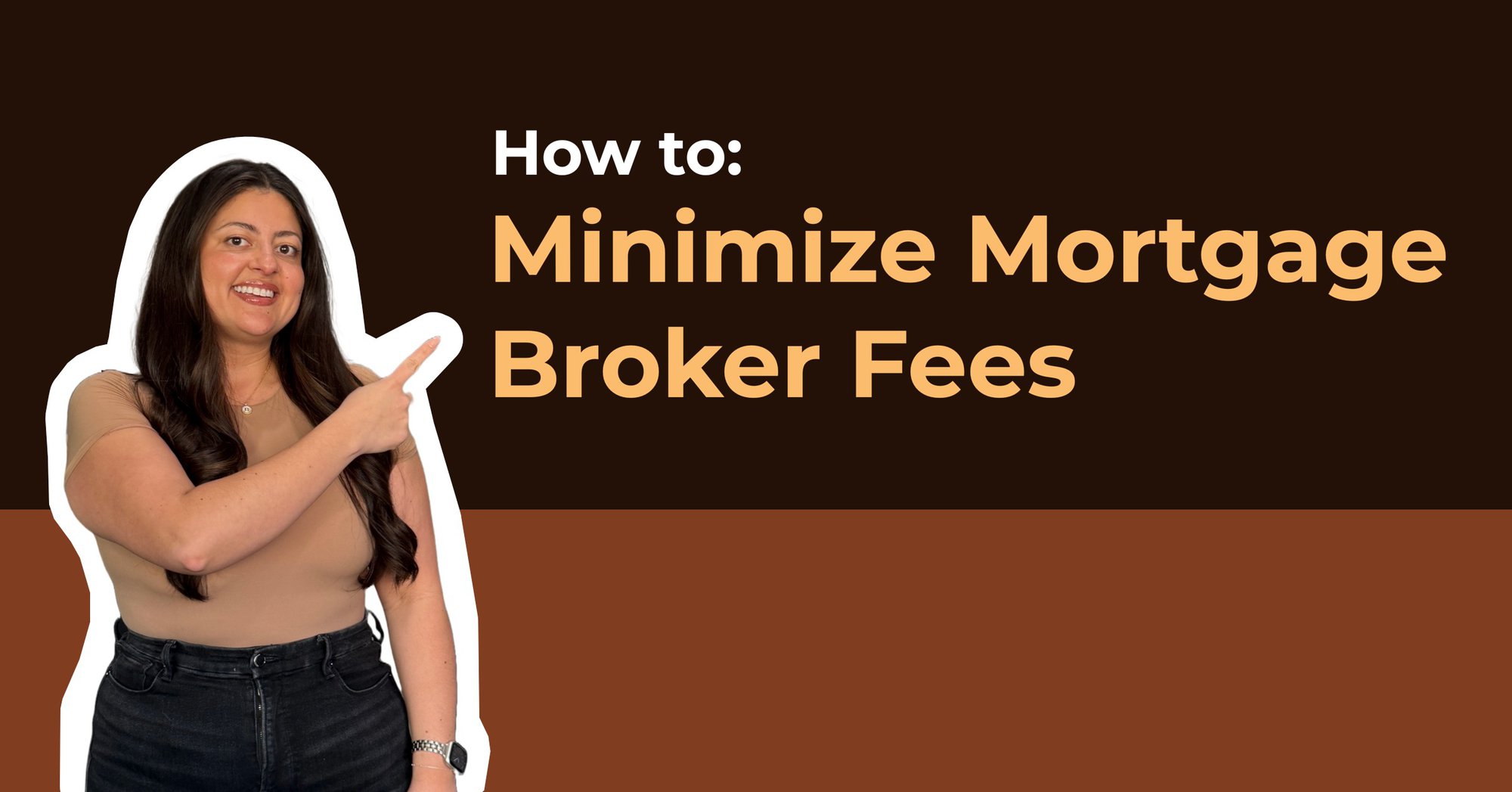When buying a home, every dollar matters—and mortgage broker fees can quietly chip away at your budget before you even get the keys. These fees aren’t always obvious at first glance, but they can stack up quickly, especially when you’re working with a broker instead of a lender. So, how do you minimize mortgage broker fees? One of the simplest answers is to work directly with a lender.
While mortgage brokers can offer access to a wide range of loan products, they often come with limited control over how fees are structured and what’s negotiable. In contrast, lenders like Brown oversee the entire loan process internally, which means more transparency, fewer middlemen, and greater flexibility in managing costs.

What Are Mortgage Broker Fees?
Mortgage broker fees are the charges paid to a mortgage broker for arranging and processing your home loan. These fees are typically paid at closing and can come in a variety of forms—some obvious, some buried in the fine print.
Unlike a lender, who provides the funds and manages the loan from start to finish, a broker acts as an intermediary between you and potential lenders. Their job is to find a loan that fits your profile, but they’re compensated for this matchmaking service. And that compensation usually comes from you, the borrower.
Mortgage broker fees are often expressed as a percentage of the loan amount—usually between 0.5% and 2.75%. On a $400,000 mortgage, that could mean paying an extra $2,000 to $11,000 in fees, just for the broker's services. This is in addition to other closing costs you may already be responsible for.

Common Mortgage Broker Fees Explained
Some broker fees are labeled clearly, while others are bundled into broader categories. Here are some of the most common types you might encounter:
Origination Fee
This is a charge for starting the loan process and submitting your application. Brokers often include this as part of their compensation, but it’s not always clear whether the fee benefits them or the lender.
Yield Spread Premium (YSP)
A broker may receive this commission from a lender for placing you in a loan with a higher interest rate. It doesn't directly cost you out of pocket at closing, but it can increase the total amount you pay over time.
Processing Fee
Some brokers include this in the mortgage broker fees to cover the time spent gathering documents, verifying employment, and preparing paperwork. However, lenders typically handle these tasks internally, often without a separate line item for it.
Application Fee
This is a flat fee simply for submitting your loan application. Depending on the broker, this may or may not be refundable—even if your loan doesn’t go through.
Broker Commission
This is often built into the interest rate or included as a direct cost at closing. It’s how brokers get paid, and while it’s legitimate, it can sometimes be negotiated—though brokers rarely highlight that fact.

Why Broker Fees Are Harder to Control
One of the biggest issues with mortgage broker fees is the lack of standardization and transparency. Since brokers work with multiple lenders, the fee structures can vary widely between loans—and even between clients. Some lenders may allow the broker to charge more based on perceived risk, loan size, or loan type.
This flexibility often benefits the broker more than the borrower. Because brokers aren't funding the loan themselves, they also have less control over what can be waived or reduced. If you want to challenge a fee or request a discount, you’re often told, “That’s what the lender requires.” But with a direct lender, you’re speaking to the decision-makers. Working directly with a lender gives you more say in what happens next—especially once you're pre approved.
How Lenders Help You Avoid Mortgage Broker Fees
Lenders like Brown don’t have to “shop around” your application—they fund the loan themselves. This cuts out the intermediary and brings everything under one roof. That means fewer hands in the pot and greater ability to streamline or even waive certain fees.
Direct lenders also typically offer more straightforward pricing. Since they manage underwriting, processing, and closing internally, they have control over how fees are structured. This gives borrowers an edge when it comes to negotiating costs or choosing a loan package that minimizes out-of-pocket expenses.
Working with a lender also removes the potential for conflicting incentives. Brokers may steer borrowers toward loans that maximize their commission. Lenders, on the other hand, have a vested interest in building long-term relationships—not just closing the deal.
Can You Still Negotiate Fees?
Yes, but it depends on who you’re working with. Brokers may have limited wiggle room, especially if they’re beholden to third-party lenders with fixed pricing structures. Some brokers do offer discounts, but those tend to come with trade-offs—higher interest rates, fewer loan options, or slower turnaround times. The sooner you’re pre approved, the sooner you can lock in options and start negotiating fees confidently.

Lenders typically have more authority to make real-time adjustments. Whether it’s rolling closing costs into the loan, reducing application fees, or streamlining documentation to eliminate processing charges, a lender has the tools and flexibility to customize the process in ways a broker simply can’t.
Why Fee Transparency Matters
Knowing exactly what you’re paying for—and why—can make or break your mortgage experience. Mortgage broker fees can be murky, especially when they're buried in bundles of charges. A transparent, all-in-one lending experience reduces stress, cuts out redundancy, and helps you understand where your money is going.
Borrowers who feel confident in their mortgage terms are more likely to close on time and less likely to face surprises during underwriting. That level of clarity is harder to achieve when your loan is being passed between parties with different policies and priorities.
Take Control of Your Mortgage Costs
Navigating the mortgage process is complex enough without worrying about unpredictable broker fees. Working directly with a lender puts you in a stronger position to understand, manage, and reduce your closing costs. With in-house teams, transparent pricing, and more control over how loans are structured, lenders offer a more stable and cost-effective path to homeownership.
At Brown, we take pride in making the mortgage experience as seamless—and affordable—as possible. As a direct lender, we manage your loan from application to close, giving you full visibility into your costs and options. Let’s make your home financing journey simpler, smarter, and more cost-efficient.
Contact us today to start your mortgage with a team that puts your goals—and your budget—first.




